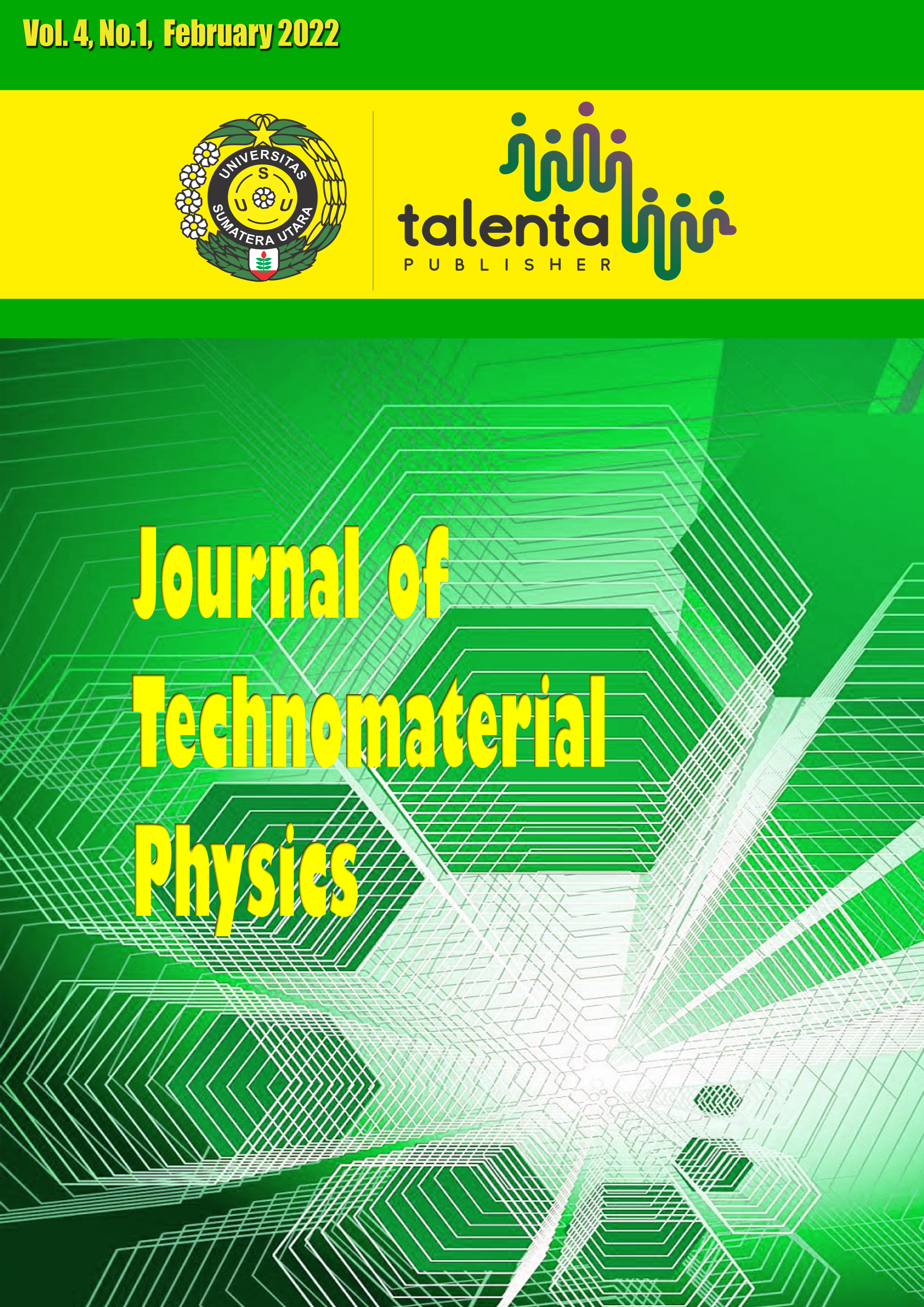Synthesis of Conductive Carbon Sheet From Coconut Fiber with the Addition of Potassium Hydroxide (KOH) Activator
DOI:
https://doi.org/10.32734/jotp.v4i1.8177Keywords:
Conductive sheet, Carbon, Activator, Electrical conductivity, KOHAbstract
Research has been carried out on manufacturing conductive carbon sheets using carbon as raw material from coconut fiber with a Potassium Hydroxide (KOH) activator. First, activation was carried out using 1000 ml of 6M KOH solution mixed with 100 grams of carbon at 100℃ for 72 hours. Next, the carbon is pyrolyzed at temperatures of 900℃, 1100℃, and 1300℃ for 2 hours. Next, the pyrolysis carbon was washed with 2M HCl for 24 hours and washed with distilled water until the pH was neutral. Electrical resistance measurements were made with torque variations of 10, 20, and 30 kgf. cm using the four-point probe method, then the conductivity value was calculated. Finally, carbon characterization was carried out using the XRD tool. The increase in pyrolysis temperature causes the carbon conductivity to increase, which is 2.3855- 4.2340 S/cm at 900℃ and 6.8203-11.4577 S/cm at 1300℃. XRD analysis showed a sharp and narrow increase in diffraction peaks with each increase in pyrolysis temperature, indicating that carbon has a crystal structure close to graphite which is more ordered than carbon without an activator.
Downloads
Downloads
Published
Issue
Section
License
Copyright (c) 2022 Journal of Technomaterial Physics

This work is licensed under a Creative Commons Attribution-ShareAlike 4.0 International License.












